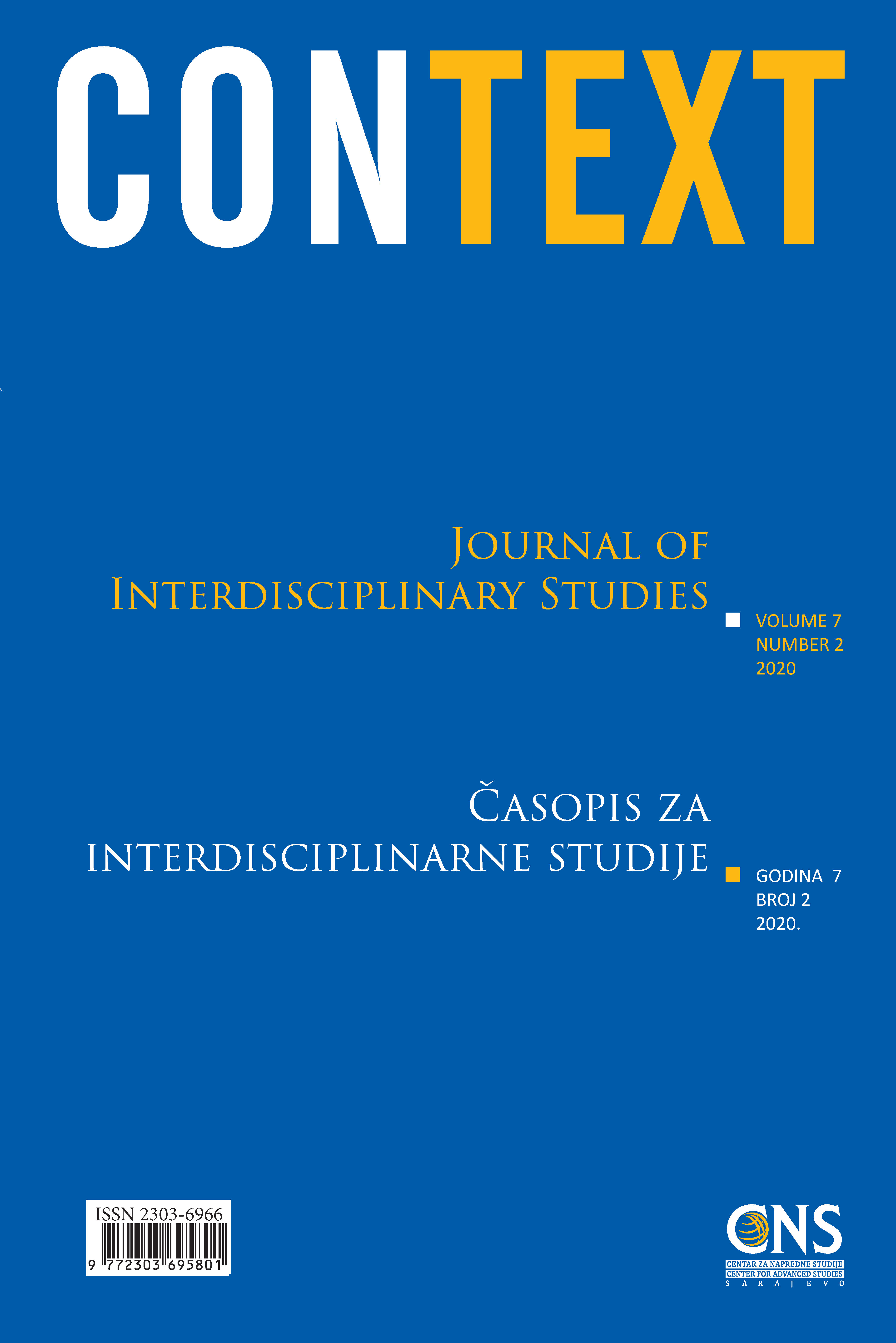Umjerenost u grčkoj i islamskoj tradiciji i etika vrline Kur’ana
Moderation in Greek and Islamic Traditions, and a Virtue Ethics of the Qur’an
Author(s): M. Ashraf AdeelSubject(s): Philosophy, Social Sciences, History of Philosophy, Philosophical Traditions, Theology and Religion
Published by: Centar za napredne studije
Keywords: vesatijja; Greek tradition; Islamic tradition; ethics, Qur'an;
Summary/Abstract: This article looks at some of the salient analyses of the concept of wasaṭīyah (moderation) in the ancient Greek and the Islamic traditions and uses them to develop a contemporary view of the matter. Greek ethics played a huge role in shaping the ethical views of Muslim philosophers and theologians, and thus the article starts with an overview of the revival of contemporary western virtue ethics, in many ways an extension of Platonic-Aristotelian ethics, and then looks briefly at the place of moderation or temperance in Platonic-Aristotelian ethics. This sets the stage for an exposition of the position taken by Ibn Miskawayh and al-Ghazali, which is then used as a backdrop for suggesting a revival of the Qur’an’s virtue ethics. After outlining a basis for its virtue ethics, the Qur’anic view of the virtue of wasaṭīyah is discussed briefly and its position on this virtue’s nature in terms of the individual and the community is presented.
Journal: Context: časopis za interdisciplinarne studije
- Issue Year: 7/2020
- Issue No: 2
- Page Range: 57-82
- Page Count: 26
- Language: Bosnian

